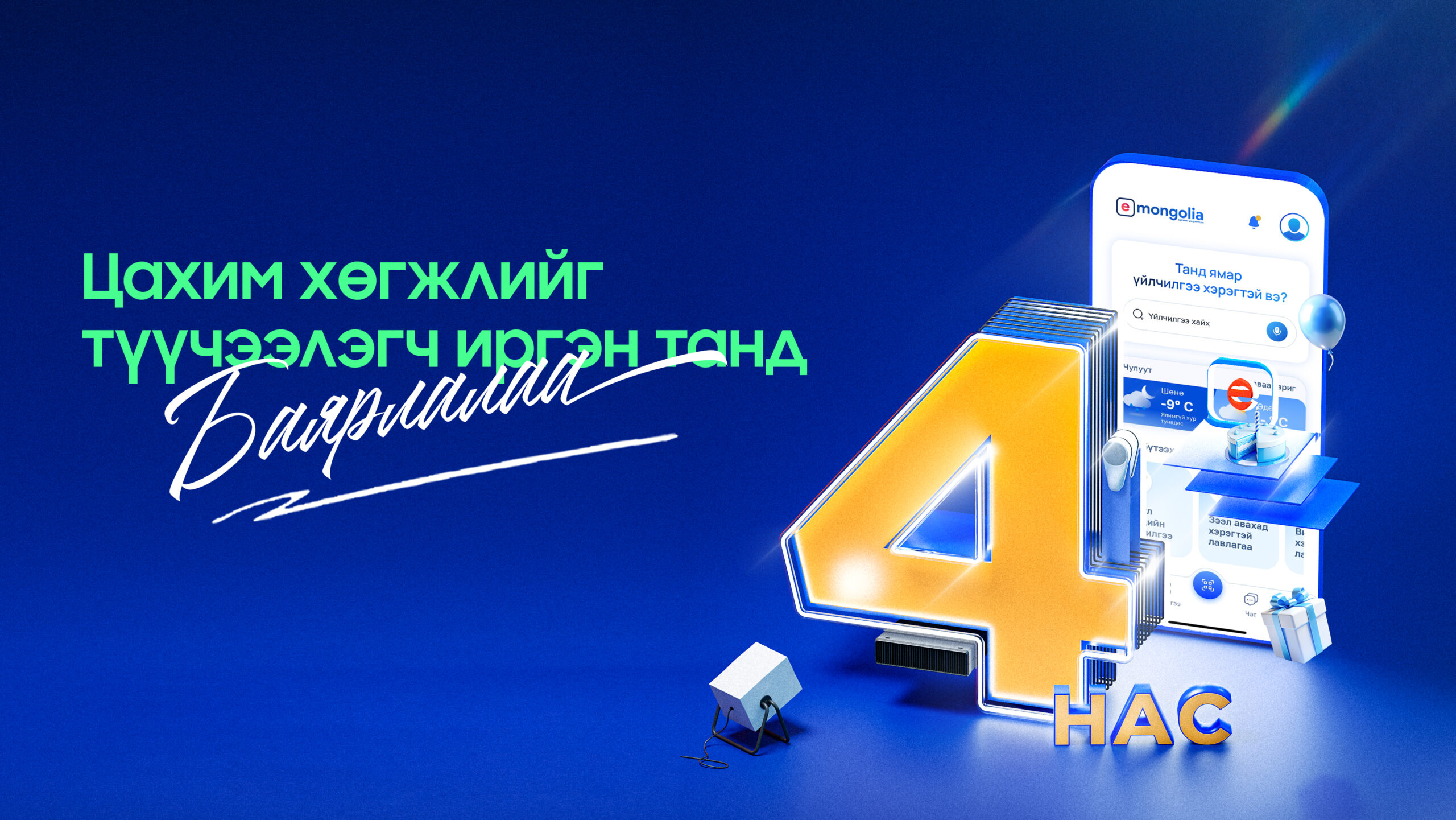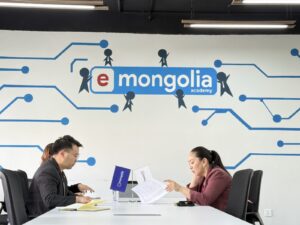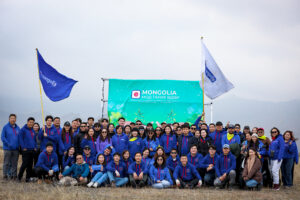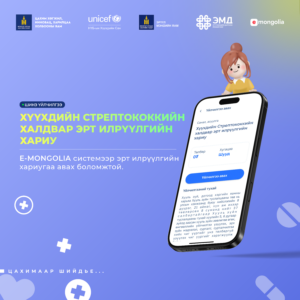In 2019, the government of Mongolia launched and implemented the E-Mongolia project. Starting from October 1, 2020, the system officiallly introduced a platform that enables citizens to access 181 services from 23 organizations directly from their mobile phones. Over time, the system has expanded to offer 1252 services from 86 organizations available online.
E-Mongolia has been releasing updated versions of the platform every year for the past four years. On may 7 of this year, E-Mongolia 4.0, based on artificial intelligence and designed to protect citizens, was introduced. Here are some of the remarkable services that have been introduced over time:
- • E-Mongolia 4.0 : This version integrated comprehensive health services as part of the digitalization of healthcare services.
- • E-Business System: The system has digitalized all stages of business operations, from establishing a legal entity to its liquidation. It enables citizens to handle various licensing requests and renewals in one place.
- • E-Mongolia introduced services for youth, allowing students to receive their student menus and electronic strudent cards electronically.
- • E-Kids Menu: In the area of child protection, this service enables children to notify their parents with a single button when they arrive at school or return home. Additionally, children can share their location using a three-word address, and in cases of discrimination or criminal matters, they can send information with photos directly to the police station.
- • To prevent potential risks and provide guidance to citizens, E-Mongolia introduced a system to send notifications about floods and gas sensor data to citizens, ensuring timely updates on safety issues.
E-Mongolia is the first system to fully implement international WCAG standards, ensuring greater accessibility for all users. By incorporating AI-powered voice search, the platform further enhances usability. Offering color-coded and audio versions for visually impaired individuals. In addition, with support from mobile service providers, data usage has been made free for citizens, eliminating barriers and encouraging easier and more widespread access.
Moreover, essential reference services such as loan applications, visa requests, and document orders are now bundled together based on citizen’s needs. To ensure an inclusive transition to digital services, particular attention has been given to redeveloping public service systems for people with disabilities, with this approach integrated from the outset.
Initially, the E-Mongolia 1.0 system digitized 181 services from 23 organizations. Today, the platform has expanded to 1252 services from 86 government entities, making public services more accessible than ever.
The United Nations updates the “E-Government Development Index” every two years. Mongolia was ranked 92th in both 2018 and 2020, and 74th in 2022 out of 193 UN member countries. However, by 2024, E-Mongolia’s advancements led to a remarkable improvement, with the country rising 28 positions to reach 46th place in the index.
Over the past four years, we have successfully delivered 57million services to 1,935,720 users and conducted 1843 hours of digital skills training across 21 provinces and 9 districts, with a total of 67750 citizens and public officials participating in 848 training sessions.
Looking forward, the E-Monglia system will continue to prioritize the most frequently used and essential services, provide training for target groups, including the elderly and individuals with disabilities, equipping them with the necessary digital skills. E-Mongolia will remain committed to improving system accessibility and usability for all.
We extend our sincere gratitude to the pioneers of digital development who have supported us throughout these four years.



